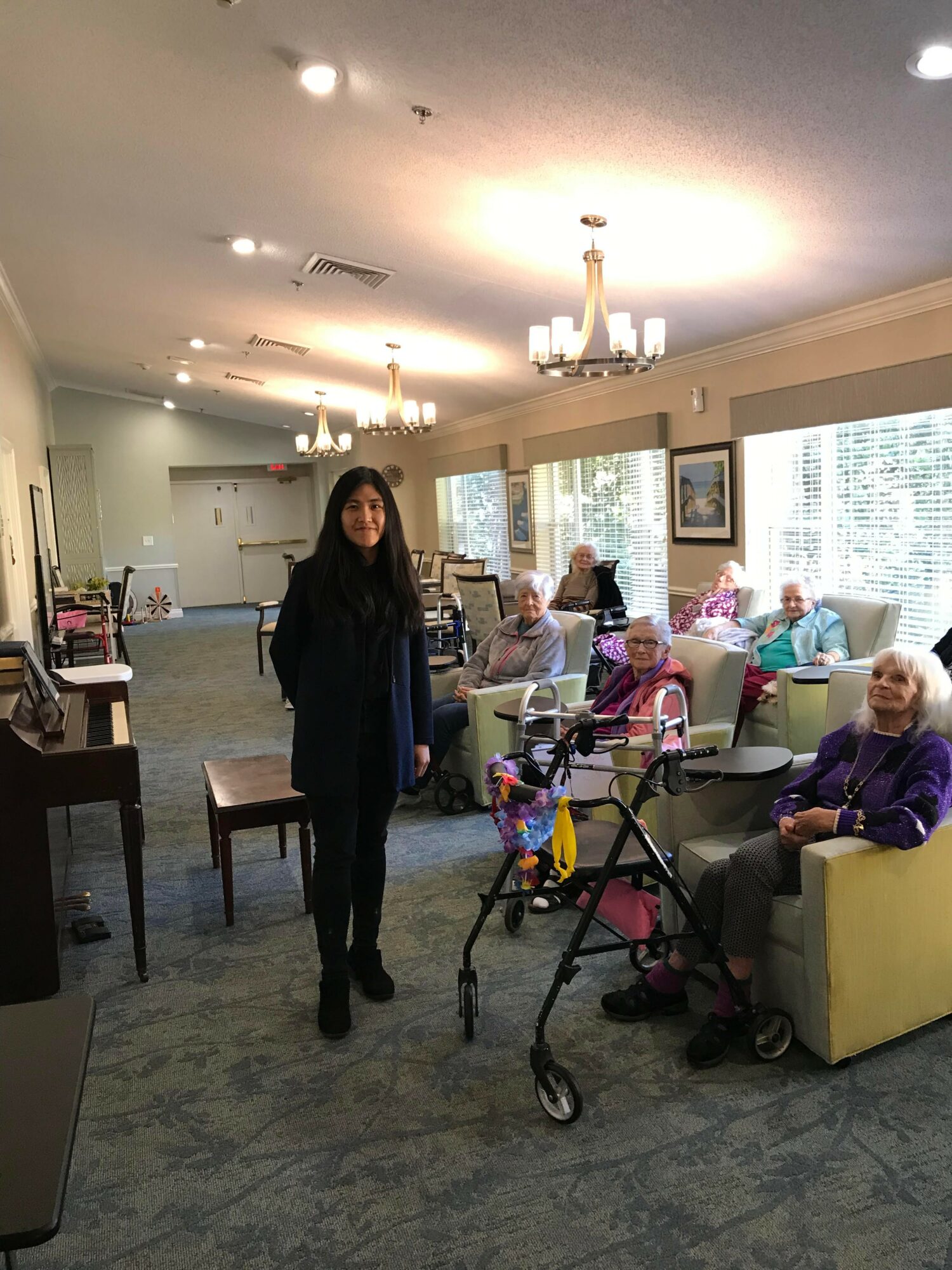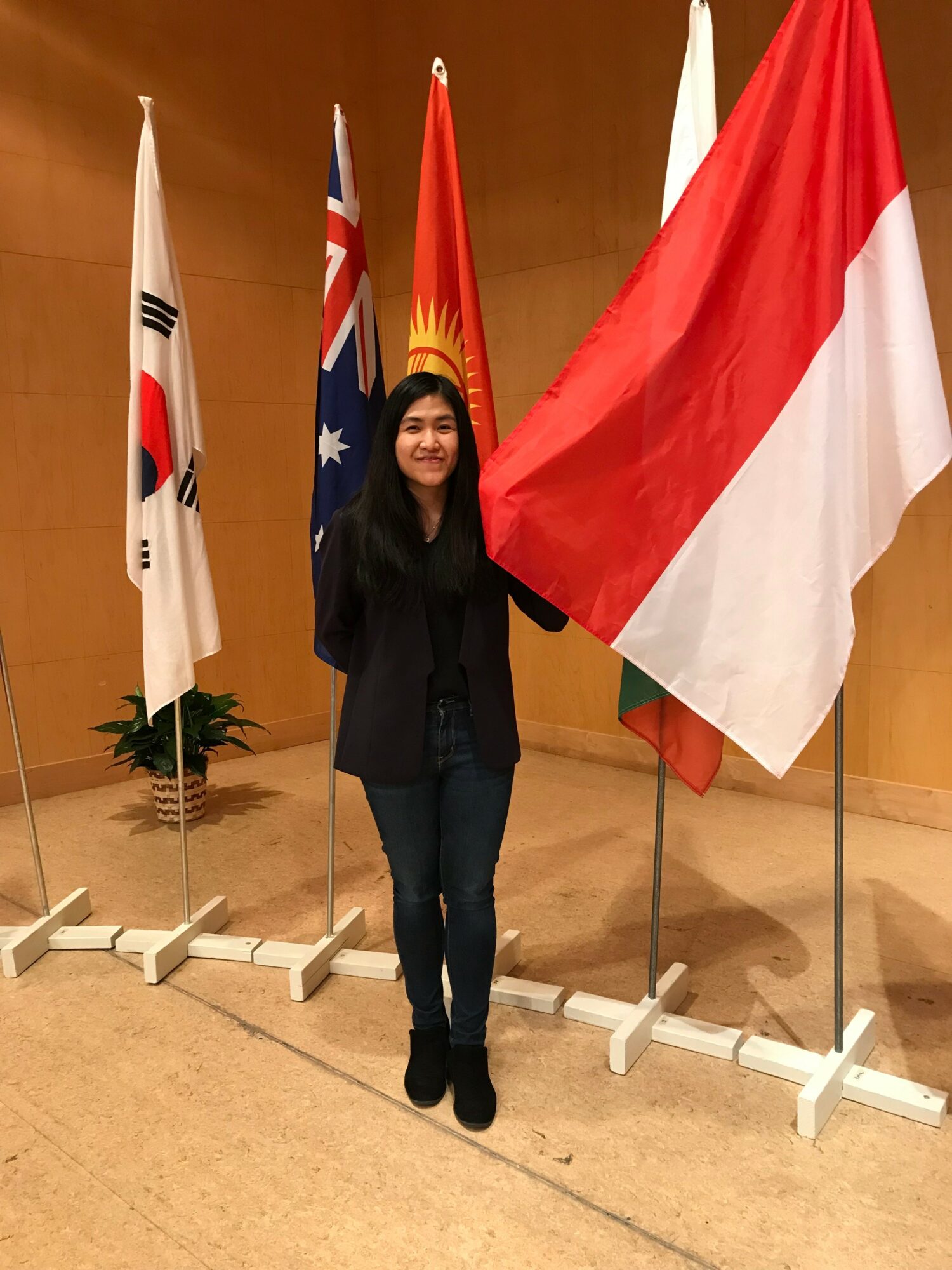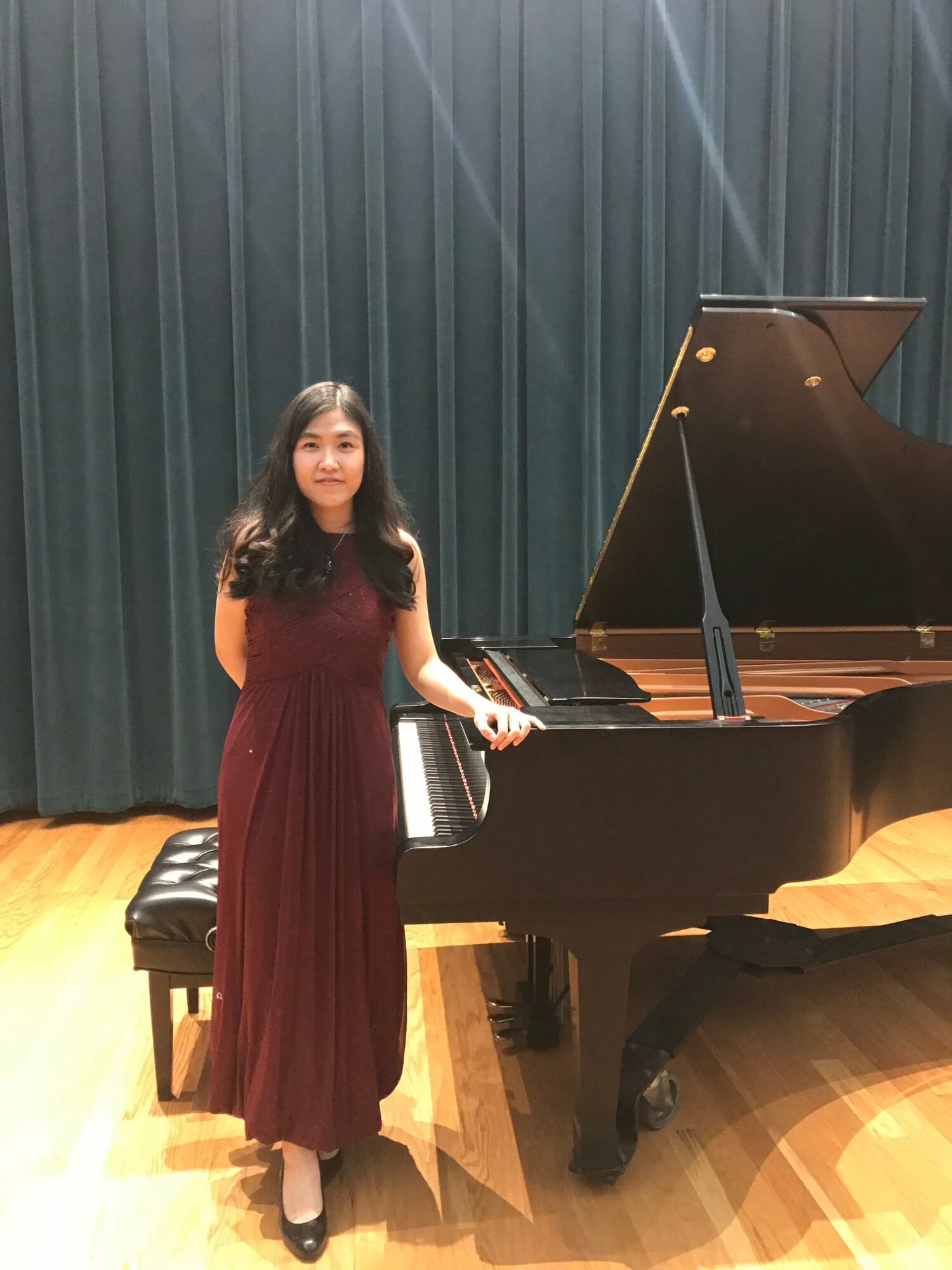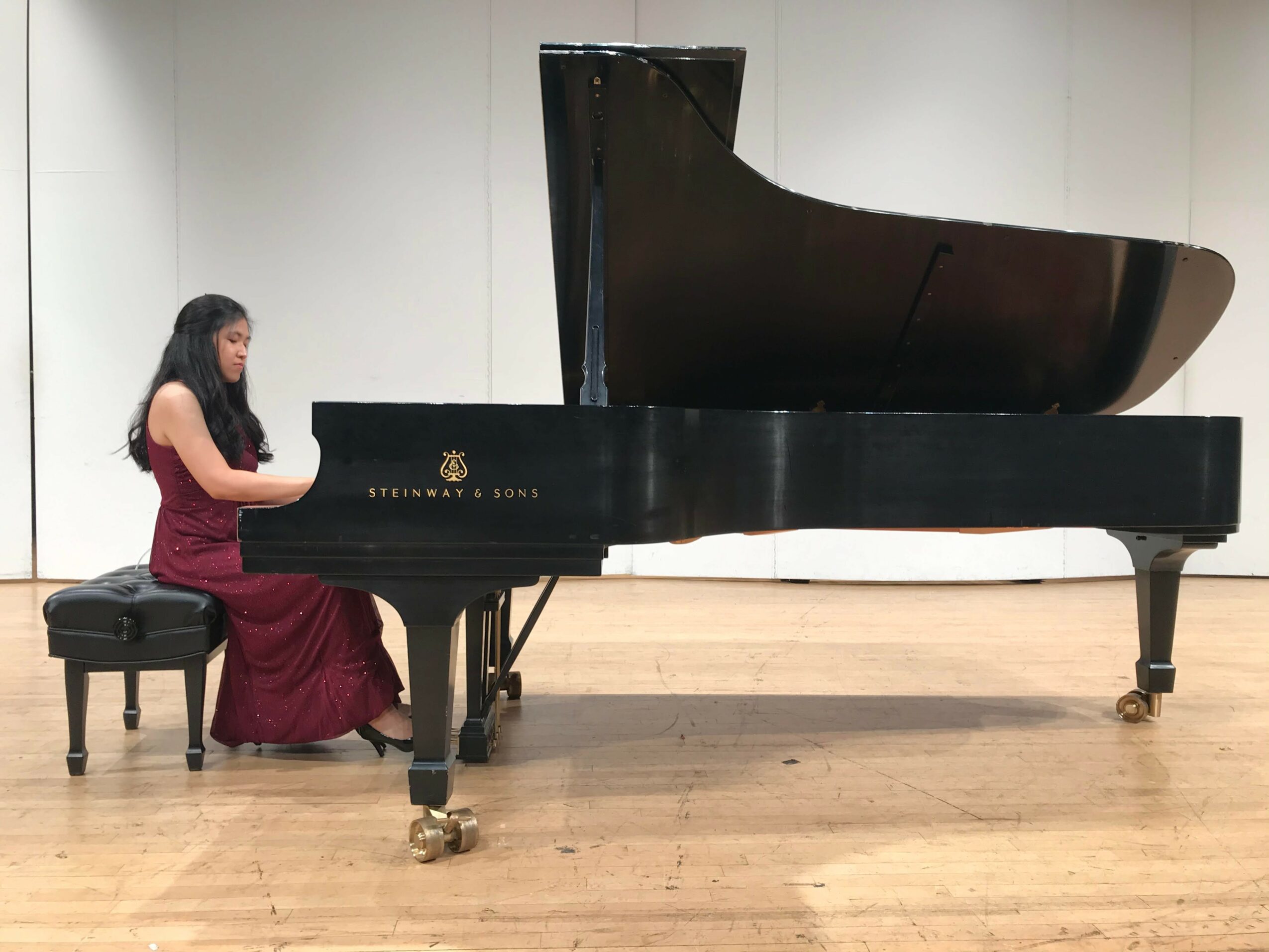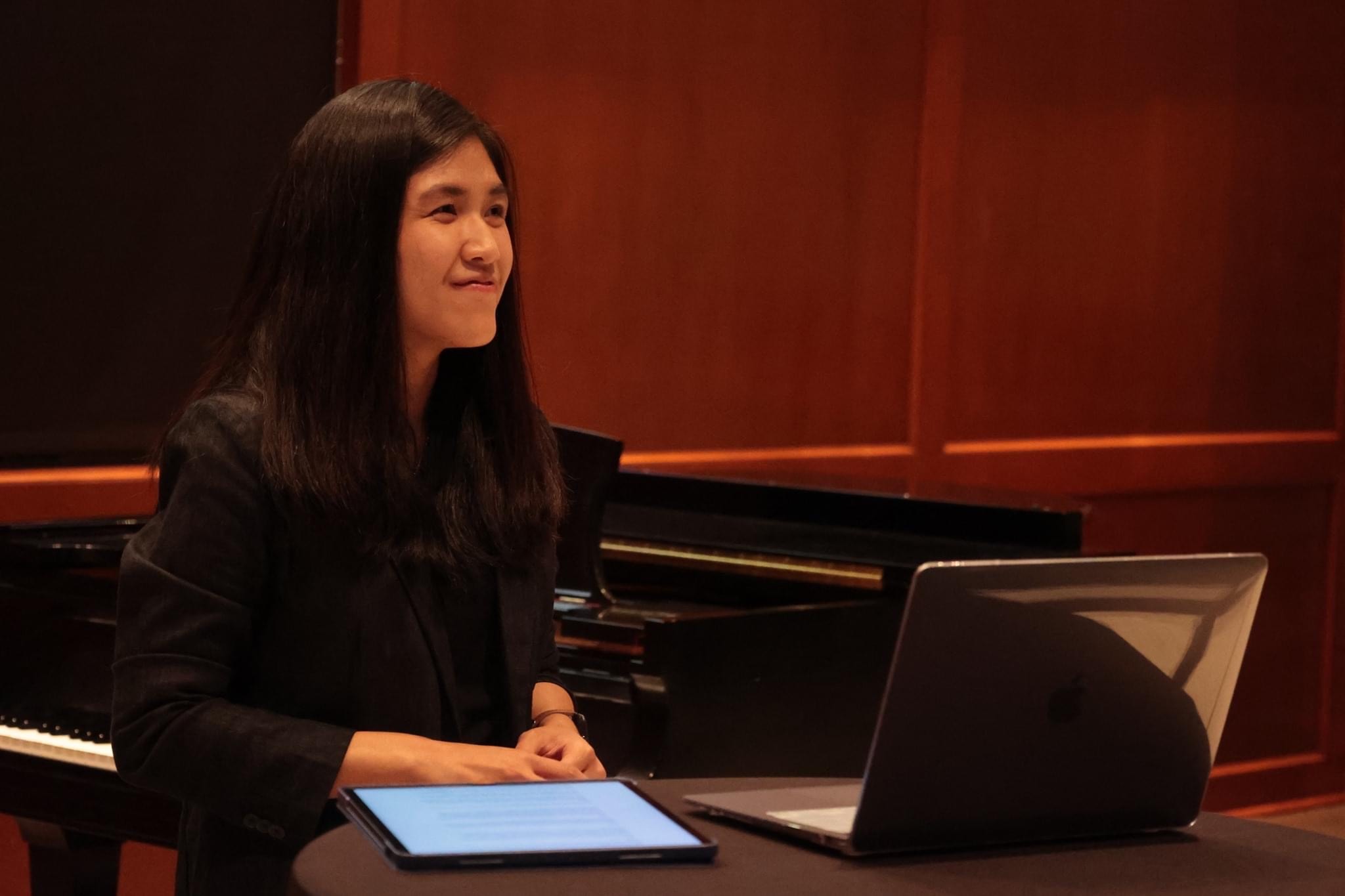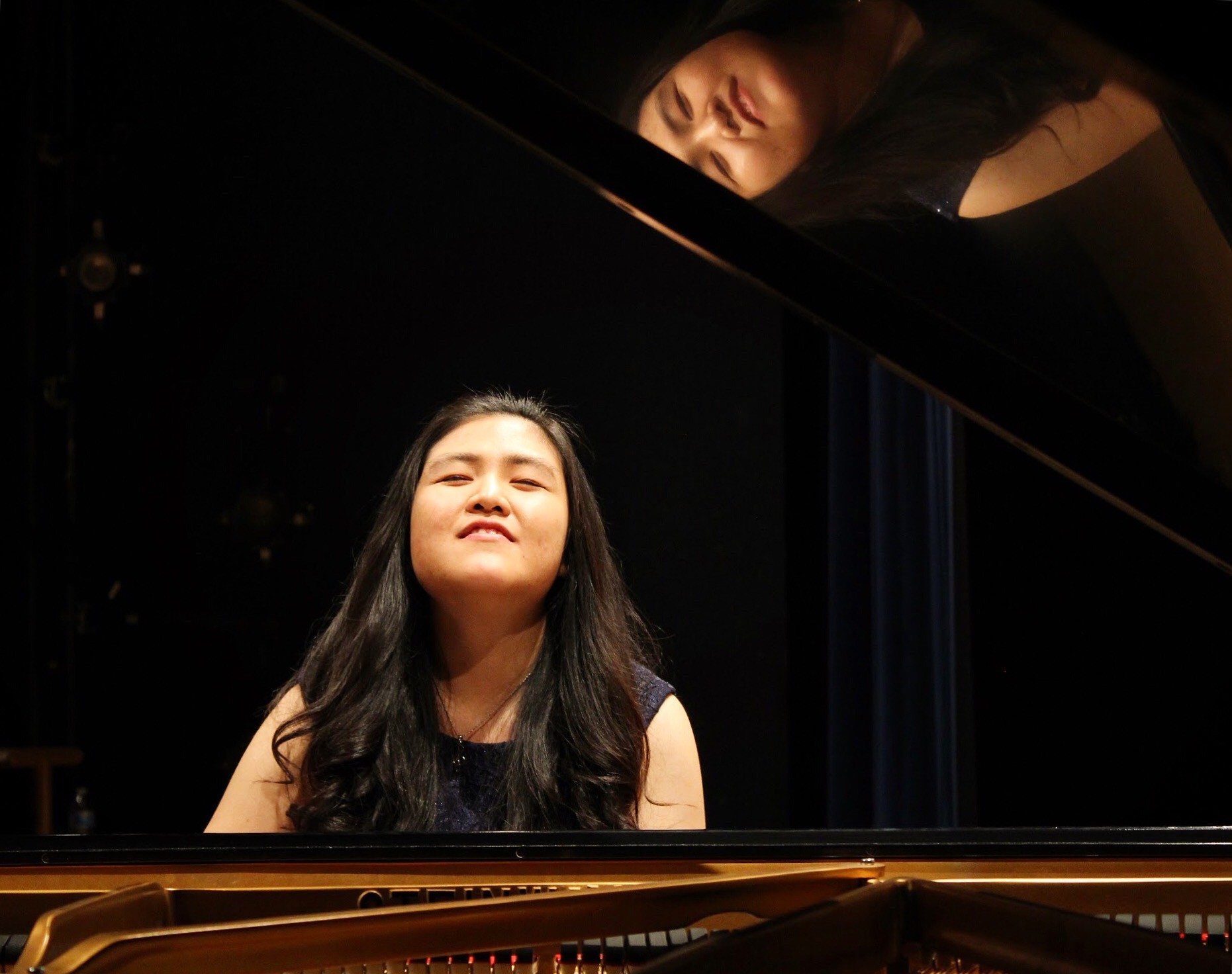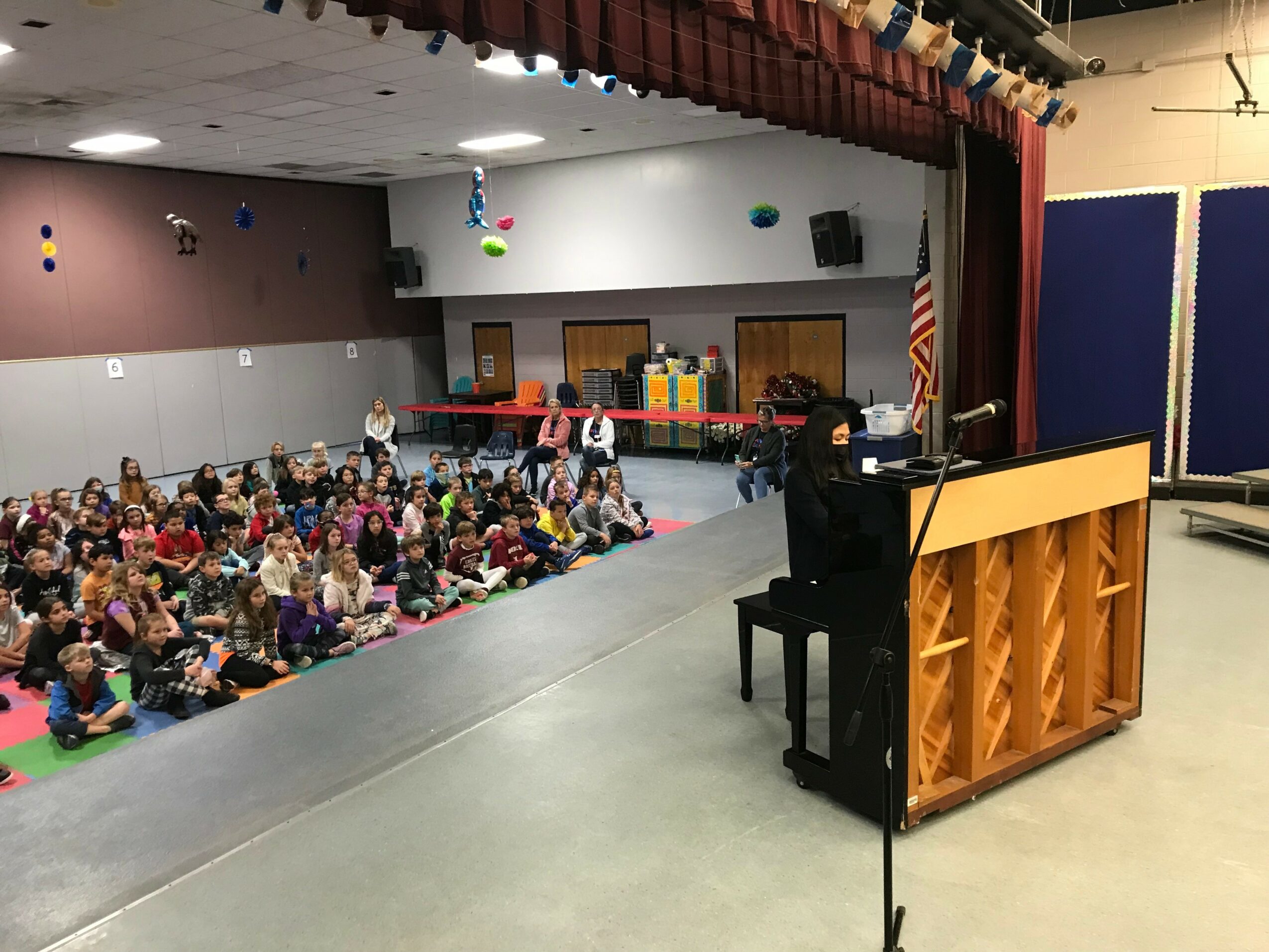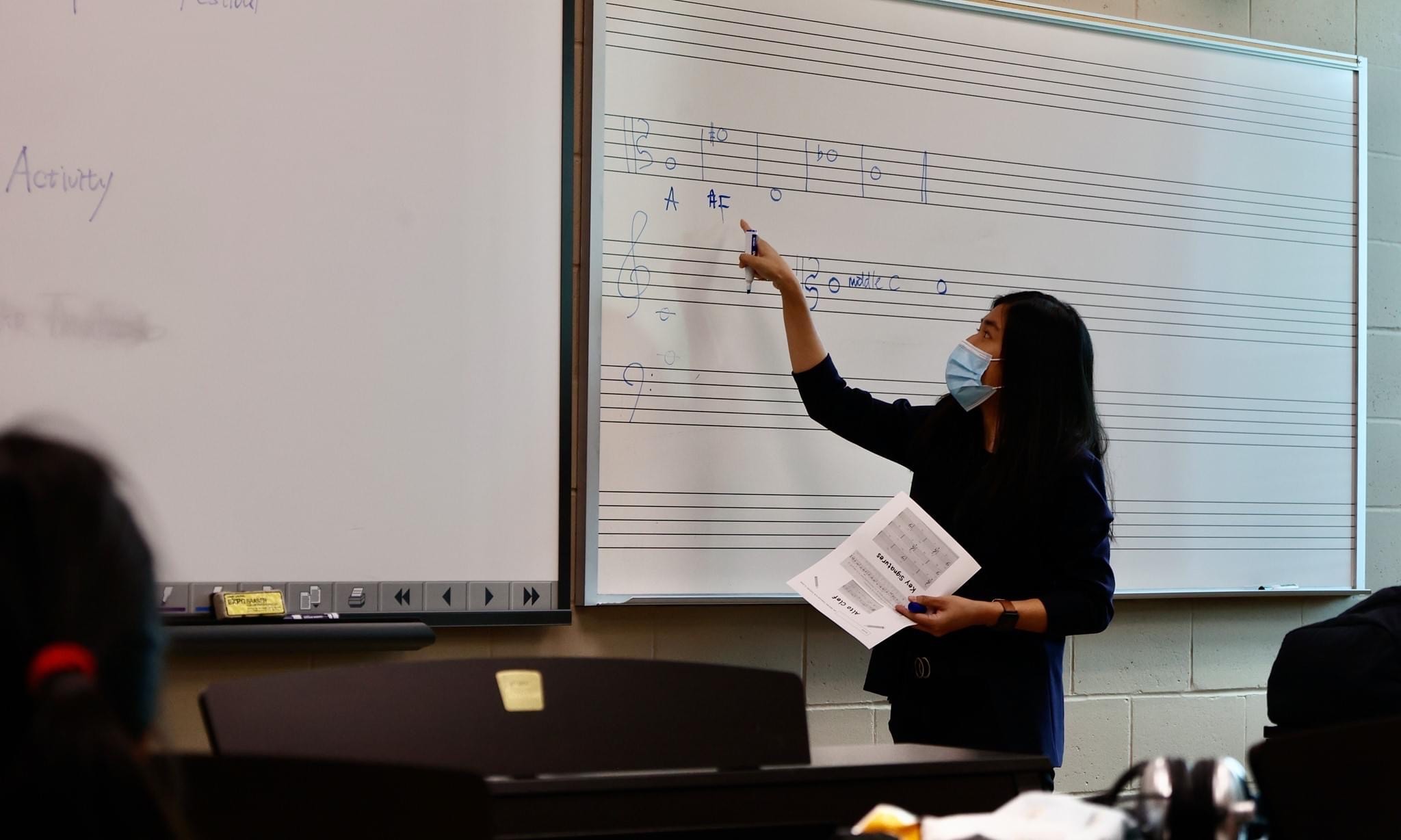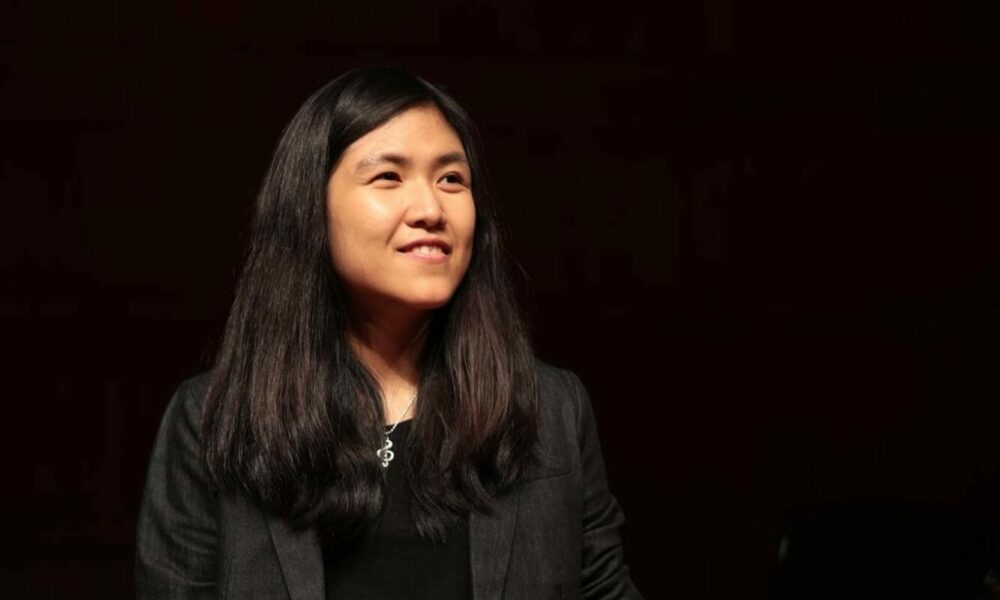

Today we’d like to introduce you to Regina Tanujaya.
Hi Regina, we’d love for you to start by introducing yourself.
My name is Regina Tanujaya, and I am a pianist. I have always enjoyed playing music. I grew up in Indonesia and started taking piano lessons when I was four years old. I took voice, violin, and drums lessons, but the piano was my first instrument. For as long as I can remember, the piano has been a part of my daily life. My three younger siblings could probably tell you how much “noise” I made practicing piano for hours almost daily. I remember going on a family vacation, and my parents would bring an electric keyboard for me to practice on.
I came to the United States at the age of 18 for college. I did my bachelor’s degree at the University of Kansas in Lawrence, my first home in the US. I met many people there that would become my best friends until now. Then I did my master’s degree at the University of Michigan in Ann Arbor, where I had the most eye-opening musical experience in my studies. I returned to the Kansas City area to earn my Doctorate in Musical Arts at the University of Missouri- Kansas City, where I met teachers who opened many career opportunities. I want to thank my teacher, Alon Goldstein, for inviting me to work with him after graduating and connecting me with many opportunities.
Even though I am an immigrant from Indonesia, I have been in the country for over a decade and have lived my whole adult life in the United States. Kansas City feels like home! I am surrounded by friends and have a supportive music community here. Because of this, I strive to find ways to give back to the community. I enjoy doing outreach performances in retirement homes, schools, and churches. I am thankful that I am part of the international music fraternity, Mu Phi Epsilon. The Mu Phi Epsilon -Kansas City Alumni chapter has been a big supporter of my career and a constant reminder that we do what we do because of our love of music.
I am now piano faculty at MidAmerica Nazarene University in Olathe, KS. I do solo and collaborative performances around Kansas City and the surrounding areas. I also play with the Topeka Symphony Orchestra and perform concerts to promote my piano duo group, Neo-Art Piano Duo. Aside from performing, I am also passionate about educating. I present educational lectures and webinars to audiences worldwide, and I continuously work on projects to introduce and share music and culture from Indonesia with the world.
Can you talk to us about the challenges and lessons you’ve learned along the way? Would you say it’s been easy or smooth in retrospect?
One of my biggest struggles is to keep trying after numerous failures. Like an athlete, classical pianists need many hours of training, practice, and studying. We also need to do it very consistently. I often put so much effort, energy, and hours into preparing for a piano competition, but I didn’t even get any prize (nor recognition). You might imagine how devastating it is to put so much effort into something, and nobody cares about your outcome. The feeling of being rejected after working so hard is always hard to accept, no matter how many times I have experienced this.
I’m sure that every musician has struggles. That being said, I am very blessed to have a great support system in my life. I want to thank my family for their endless support of my endeavors and always being there for me through the ups and downs. I am also incredibly fortunate to have piano teachers/mentors that believed in me, pushed me, and inspired me to keep making music. I studied with many teachers, and each has made me who I am today. I want to mention Maestra Ivon Maria and Dr. Johannes Sebastian Nugroho as the most influential mentors in my early piano studies. I am fortunate and grateful to be doing what I love and making a living out of it.
Can you tell our readers more about what you do and what you think sets you apart from others?
As mentioned before, I am a pianist. I perform solo and collaborative performances around the US and abroad. I perform classical music for the most part. I did some world-premieres of works by emerging composers.
But aside from performing, I am also passionate about educating. I present educational lectures and webinars to students, music teachers, and enthusiasts worldwide. Currently, I am working on a project of arranging Indonesian folk tunes to be accessible for pre-college level students to learn. My goal is to offer diverse repertoire selections to pre-college level students and provide free resources for independent piano teachers to include Asian music in their teachings.
For outreach programs, I perform as a pianist for the Emerald Coast Music Alliance, a non-profit organization that exposes classical music to underprivileged communities in Florida. I also dabble in arts management, working with the Wideman International Piano Competition, a prestigious international piano competition held in Shreveport, LA, every year. I try to be versatile in what I do because the world keeps changing, and I have to be able to adapt to be relevant, especially working with classical music.
What would you say has been one of the most important lessons you’ve learned?
The importance of mental health. I struggled to separate my identity as a musician and a person. In my training as a classical pianist, I repeatedly heard from mentors and colleagues that I needed to work hard, practice for hours, and keep pushing myself. Our productivity and success almost always measure our worth. Everything I did was for my success and advancement in my career. Hence the inevitable strong connection between my identity as a person and as a pianist. Every free time I had, I wanted to use to do something productive. I would feel guilty if I didn’t practice. Every failure that I had was a hard punch in the face. I had many days of utter disappointment in myself. I took my failures as a musician to be failures as a person. This unhealthy perspective slowly destroyed my mental health.
As I go now, I am learning to accept that success is not just from how much I work; other factors come into play, like luck. Every failure is also not entirely my fault. First, I need to be a healthy and happy person to be able to do anything well and to be able to bring positive impacts to people around me through my performances and teaching. I can’t emphasize enough how important mental health is for this job. Sometimes, it feels like a lonely battle. I am encouraging students, emerging artists, and all my fellow musicians to evaluate and take care of their mental health.
Contact Info:
- Website: https://www.reginatanujaya.com
- Instagram: https://www.instagram.com/reginatanujaya/
- Facebook: https://www.facebook.com/reginatanujayapiano/
- Twitter: https://twitter.com/regina_tanujaya
- Youtube: https://www.youtube.com/user/reginatanujaya
